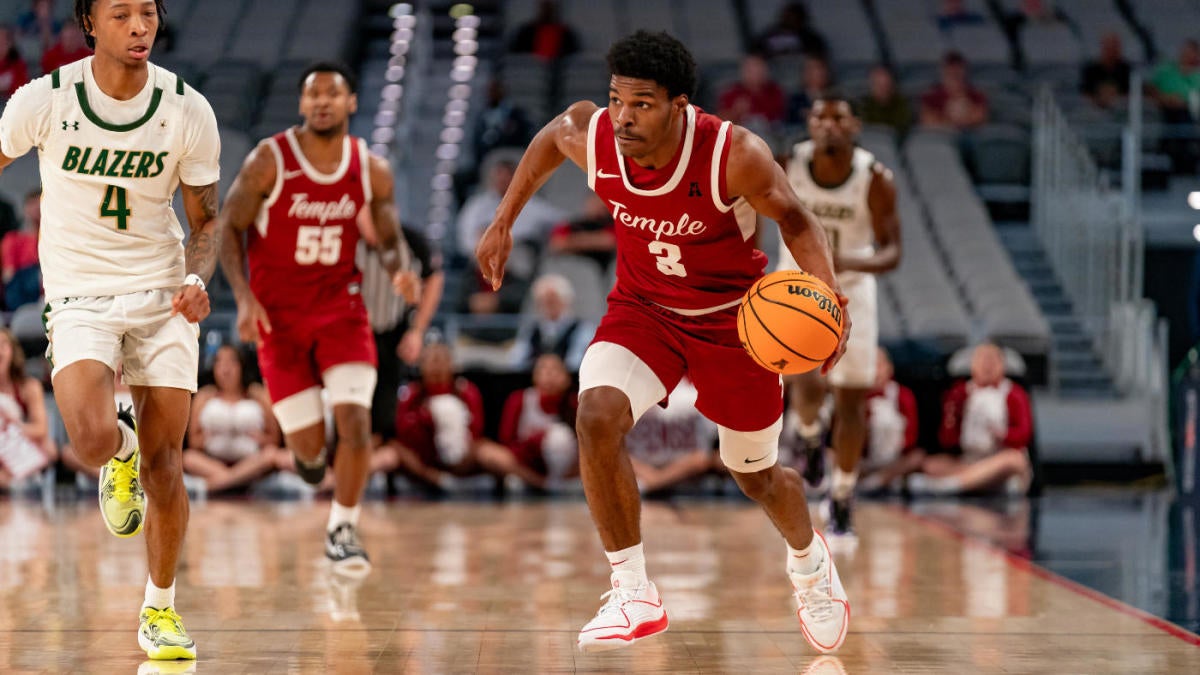World
Cassius, world’s largest captive crocodile, dies in Australia

Cassius, the world’s longest captive crocodile and a beloved resident of Marineland Melanesia in Australia, has died due to natural causes at the approximate age of 110. The sanctuary announced that Cassius passed away peacefully after his health had been declining since October 15, 2023. “Cassius will be deeply missed, but our love and memories of him will remain in our hearts forever,” stated Marineland Melanesia Crocodile Habitat.
Measuring 5.48 meters (18 feet) in length and weighing nearly one ton, Cassius held the Guinness World Record for the largest crocodile in captivity. He became a major tourist attraction at Marineland Melanesia for over 37 years, mesmerizing crowds with his elegance and formidable presence. Visitors from around the world were drawn to see this magnificent Australian saltwater crocodile, who became the star attraction of the sanctuary.
Cassius was captured in the Northern Territory of Australia in the 1980s after spending his early years roaming the waterways. Before his capture, he was known for catching and eating cattle and attacking boat propellers, even chasing tourist boats passing through the Finniss River. His notorious behavior led to his relocation to Marineland Melanesia on Green Island near Cairns, Queensland, in 1987.
At the time of his capture, Cassius was estimated to be between 30 and 80 years old, and it is believed he was born around 1903. Despite missing his right leg and the tip of his snout—injuries likely sustained during territorial disputes in the wild—he was a formidable sight. Former caretaker Toody Scott reflected on his unique character, saying, “He had big eyes you could look into, and you could look into his soul. He always had that spark, which is completely different from working with other crocodiles.”
Cassius was named in honor of the legendary boxer Cassius Clay, who later changed his name to Muhammad Ali. His immense size and strength made the name a fitting tribute. Professor Grahame Webb, a crocodile researcher who participated in Cassius’s capture, recalled, “He was a big old gnarly crocodile then. Crocs of that size are not normal.” Webb noted that at the time of capture, Cassius measured 16 feet 10 inches, with portions of his snout and tail missing, indicating he might have been even larger.
After his arrival at Marineland Melanesia, founded by George Craig in 1969, Cassius quickly became a cherished member of the sanctuary’s family. Craig had bought Cassius in 1971, and his presence helped solidify the park’s reputation as a key attraction in Queensland’s tourism industry. Crocodiles are a significant part of the region’s tourist appeal, and Cassius stood out as an icon among them.
Cassius held the Guinness World Record as the largest crocodile in captivity until 2012 when he was briefly surpassed by Lolong, a Filipino crocodile measuring 6.17 meters (20 feet 3 inches) long and weighing 1,075 kilograms. After Lolong’s death in 2013, Cassius regained the title. Throughout his life, Cassius was not just a record-holder but also a symbol of the ancient and powerful lineage of crocodiles.
In the weeks leading up to his death, Cassius’s health began to decline. He started refusing food shortly after October 15, 2023. The staff at Marineland Melanesia provided continuous care, but his advanced age meant that his passing was not unexpected. The sanctuary expressed their deep affection in a statement: “We will miss Cassius greatly, but our love and memories of him will remain in our hearts forever.”
Cassius’s longevity was remarkable, with crocodiles generally living up to about 120 years. His life spanned over a century, witnessing significant changes in the natural world. Despite living beyond the typical years of a wild crocodile, he maintained a majestic presence that fascinated and educated visitors about the importance of wildlife conservation.
“Cassius will be deeply missed, but our love and memories of him will remain in our hearts forever,” the sanctuary wrote in tribute.
Sources: Izvestia.ru, BioBioChile, The Scottish Sun, Alrai-media, Asharq News, Expreso
This article was written in collaboration with generative AI company Alchemiq









